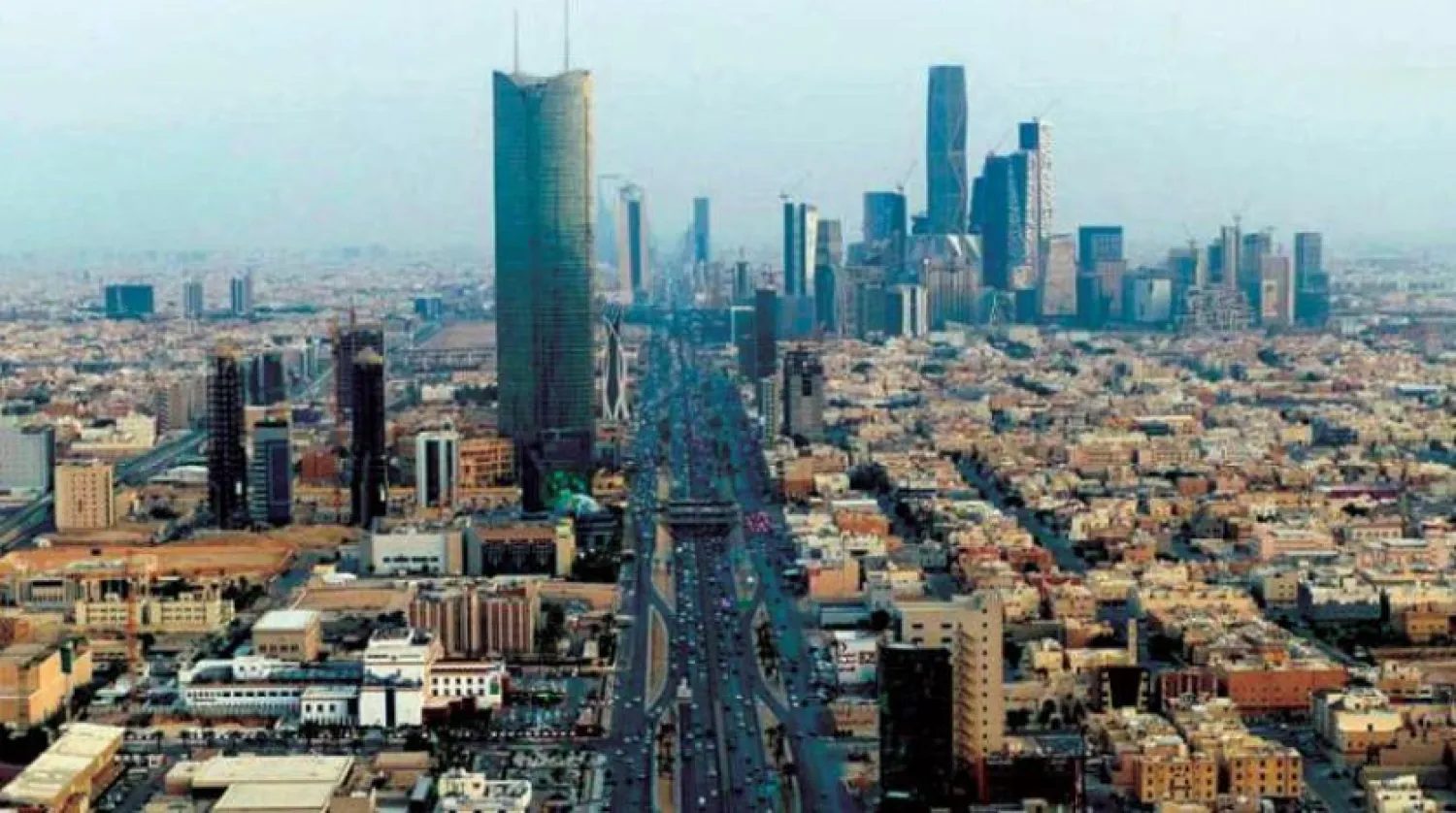Moody’s said that the Saudi economy grew by 10.2 % during the first nine months of 2022. Experts confirmed to Asharq Al-Awsat that the government’s programs and initiatives succeeded in enabling the private sector to achieve desired goals of diversifying the country’s sources of income.
According to Moody’s report, Saudi economic growth was driven by the recovery of oil production and the rapid growth in the non-oil sector.
Moody’s estimates come at a time when the Saudi General Authority for Statistics revealed that GDP growth increased by 8.8 % until the third quarter of 2022, which is higher than government estimates of 8.5 %.
This comes at a time when the Saudi cabinet approved the state’s general budget for the fiscal year 2023 last week. According to the budget, total spending will amount to SAR 1114 billion ($297 billion).
Meanwhile, revenues are estimated at SAR 1130 billion ($301.3 billion) with a surplus of 16 billion riyals ($4.2 billion).
Moody’s predictions were based on their assessment of the Kingdom’s improving track record of fiscal policy effectiveness, together with the strength of institutions and governance in the country.
This is reflected by the robust effectiveness of the Kingdom’s monetary and macroeconomic policies.
According to the firm’s report, the strong growth of the Saudi non-oil sector over the past and present years (averaging 5 % annually through the second quarter of 2022) indicates that economic diversification efforts are gaining momentum.
Several government-sponsored mega projects may move from design to construction, added Moody’s.
Moody’s estimated the growth of the Saudi economy at 10.2 % based on data and the Saudi government's efforts to control financial expenditure across sectors, Fahd bin Juma, an economist, told Asharq Al-Awsat.
The Saudi government was able to contain global inflation by setting a higher ceiling for energy prices, added Juma, noting that the Kingdom’s real GDP growth is expected to reach 8.5 % in 2022.









